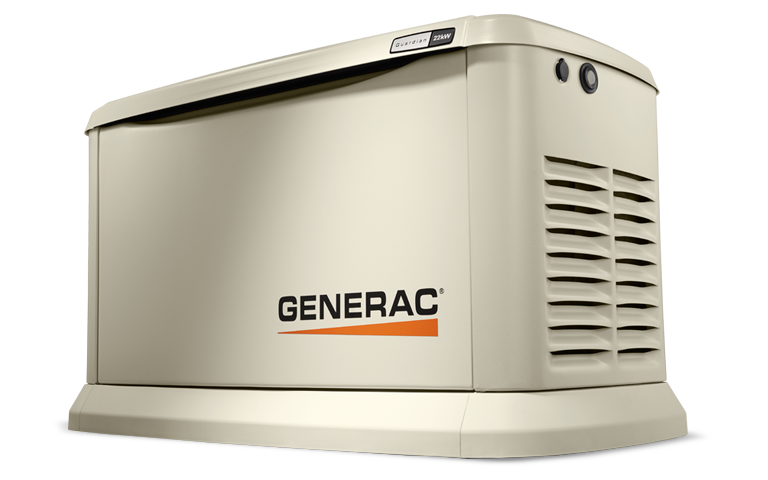Top Five Reasons Your Backup Generator Isn’t Starting
You probably spent a good deal of time researching the right generator. You might have compared models, prices, and maintenance needs. Of course you want to make sure it’s working properly when you need it. After all, what good is backup power if it doesn’t work?
Fortunately, most backup generators run a self-check every few weeks to ensure they’re in good working condition so that they will be available in an emergency. But like any piece of machinery or equipment, there will be times when it needs some maintenance or a simple fix. Here are the top five reasons your backup generator isn’t starting.
Not in Auto
This is the simplest reason your generator isn’t starting. Check that the switch is not left in the off/reset position and that the emergency stop button isn’t pressed down. After doing work or maintenance on your generator, always double-check this to ensure your generator will continue to come on automatically when you need backup power.
Battery Failure
A battery that has been neglected for too long can build up excess lead sulfate on its plates when it isn’t maintained at full charge, or it has been discharged and recharged too many times. This can result in a battery that can’t hold a charge or won’t have the capacity to start at all. In general, if your battery has been neglected or if it’s older than three years, it’s time to replace it.
Fluid Leak
Oil, fuel, or coolant leaks have the potential to prevent your backup generator from starting. There are a variety of reasons for the leaks, but maintenance, including hose and coolant replacement will prevent this.
Fuel Problems
Not enough fuel could be one of the reasons your generator won’t start. If your generator has a mechanical fuel level gauge, it can stick and give a false fuel level indication. Periodically do a direct visual check of the fuel level in the tank and top it off as needed.
Likewise, too much fuel may also be the cause of generator problems. If you put in too much fuel, a high fuel level alarm will sound. Nothing is wrong with the generator, and this will likely reset itself when the fuel level drops.
Degraded diesel fuel can cause generator problems as well. Diesel fuel degrades over time, especially if water gets into the tank. This can happen while filling the tank on a rainy or humid day or by condensation. Water in the tank encourages microbial growth and can clog fuel filters and restrict fuel flow to the engine. Do a regular check on a fuel sample by looking for discoloration or an abnormal smell.
Coolant Problems
Coolant problems, such as low coolant levels and coolant temperatures can prevent your generator from starting. If your coolant level is low, it’s most likely because there is an external or internal leak. If the coolant isn’t cooled because of a radiator problem, or it isn’t flowing properly, the engine can overheat. Sensors in the generator detect this and shut down the generator. Many generators have alarm or error codes when the coolant levels or temperatures are too low, but it may not be obvious that the alarm is the result of coolant problems.
What if my backup generator still isn’t starting?
Some of the issues listed above are easy fixes when you know what to look for, and some of them are more difficult to diagnose and repair. Luckily, the team at Midwest Generator Solutions is experienced and knowledgeable about generator maintenance and repair. If your generator isn’t starting, or if you have other questions about your generator, call us now to schedule an appointment.


feupco
cnb2am
6srd13
tz3xey
oi25nc
nrs7o5
6yta8d
Hi there! I just wanted to ask if you ever have any problems with hackers? My last blog (wordpress) was hacked and I ended up losing many months of hard work due to no backup. Do you have any methods to protect against hackers?
1yu42g
sxxqi0
qcrc9r
ik4pvs
mnpzqx
qaeelk